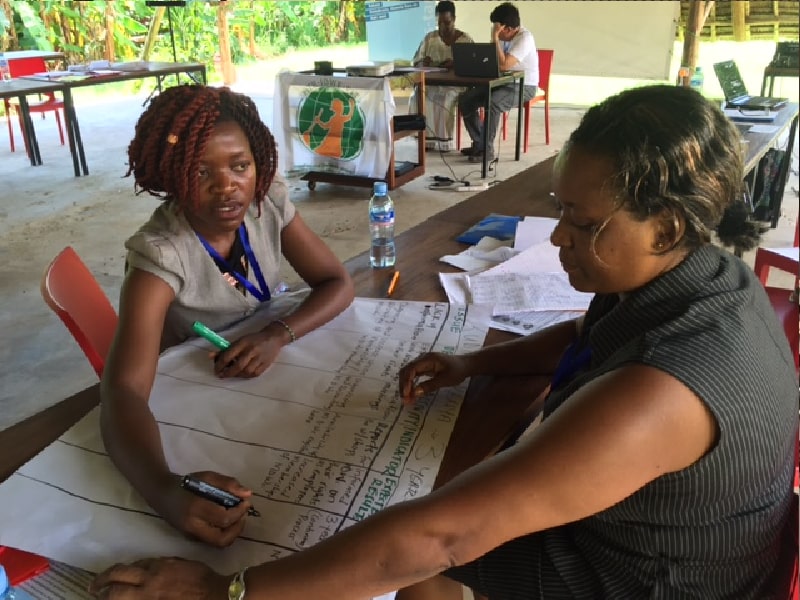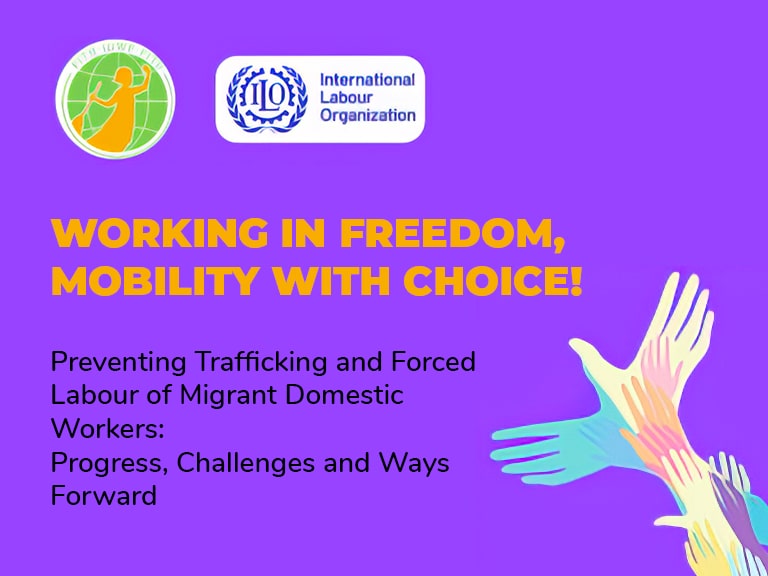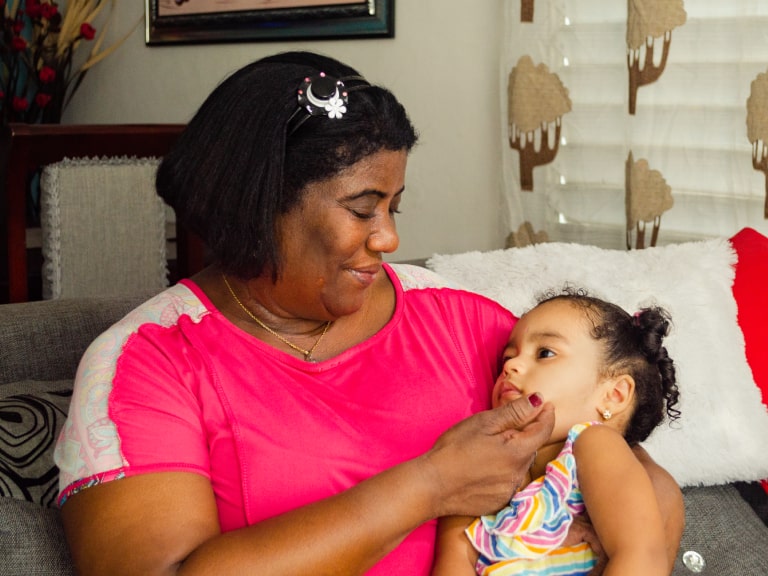- This event has passed.
In Tanzania, Domestic Worker Unions Assemble – Ratify C189 to safeguard the rights of migrant domestic workers
The International Domestic Workers Federation (IDWF) has called on East African and Gulf Arab countries to ratify International Labour Convention 189 of 2011 to improve the conditions of domestic workers including migrants.
Details
Domestic Worker Unions Assemble in Tanzania
Ratify C189 to safeguard the rights of migrant domestic workers
DAR ES SALAAM: The International Domestic Workers Federation (IDWF) has called on East African and Gulf Arab countries to ratify International Labour Convention 189 of 2011 to improve the conditions of domestic workers including migrants.
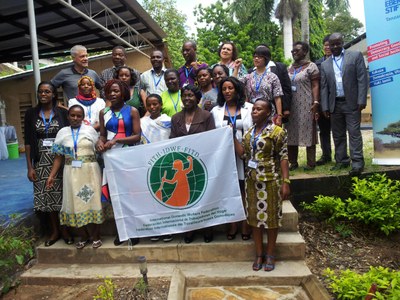
This comes following several reports of abuses and violations of the rights of domestic workers especially those migrating to Arab gulf countries.
The convention addresses minimum labour standards for domestic workers rights and decent working conditions.
“This convention is the first of its kind to address issues related to the poor conditions of domestic workers,” said Judica Amri Lawson, former deputy regional director for Africa ILO. “But so far not a single East African country has ratified the Convention.”
She made the call at a three days capacity building workshop on migrant domestic workers in Dar es Salaam organized by IDWF in conjunction with the Friedrich Ebert Stiftung (FES). The workshop closed on Thursday April 21 and brought together leaders of domestic workers unions in Kenya, Uganda, Ethiopia, South Africa and Tanzania (the Mainland and Zanzibar), rights activists and government policy makers.
Tanzania’s Assistant Labour Commissioner Hawa Wenga who officiated the opening said that the government of the United Republic of Tanzania has enacted labour laws to regulate employment relations also applicable to Migrant Domestic Workers.
“Migrant Domestic Workers (still) face difficulties in realizing decent work potentials, they are denied the right to freedom of association and collective bargaining, they are made to experience forced labour, they are working long hours, they are sexually harassed and treated without regard to human dignity, and they are not paid their remuneration,” she said. “This workshop is timely and an opportunity for all of us, players in the world of work, to discuss, exchange ideas and reflect on challenges facing migrant Domestic Workers,” she said.
According to the International Labour Organisation, there are an estimated 53 million domestic workers globally, 83 per cent of whom are women. Their work consists of cleaning, cooking, and taking care of children and the elderly in private households.
“However, domestic work is often characterized by unsafe and abusive working conditions, low (or no) wages, extremely long hours, no rest days or holidays, and a lack of benefits and social protection,” said Elizabeth Tang the IDWF General Secretary. “These poor conditions are further compounded for migrant domestic workers and child domestic workers due to particular vulnerabilities inherent to those sub-sectors.”
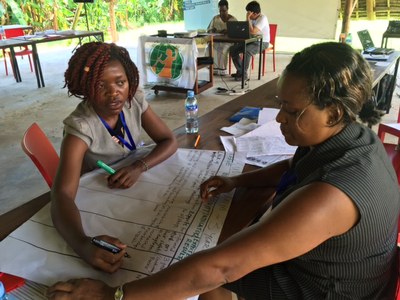
Participants identified several challenges facing East African migrant domestic workers as being lack of access to key data, non cooperation between sending and receiving countries, unscrupulous recruitment agents and not sufficient pre departure training for prospective migrants.
East African Embassies especially in Gulf Arab countries were criticized for not being equipped to address cases of their citizens abuses. There are several reasons for this ineffectiveness, like political correctness and not being willing to antagonize their hosts, said Yasin Kakande the author of Slave States who was also a presenter at the workshop.
“Embassies also lacked facilities like a working shelter to accommodate their citizens who were victims of abuse,” he said.
The IDWF is a membership-based, democratic, global organization of domestic and household workers with 59 affiliates in 47 countries representing over half a million domestic workers worldwide. Since its inception as a network in 2006 (the Federation was officially formed in 2013).
Source & Photos: Elizabeth Tang
